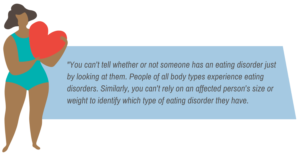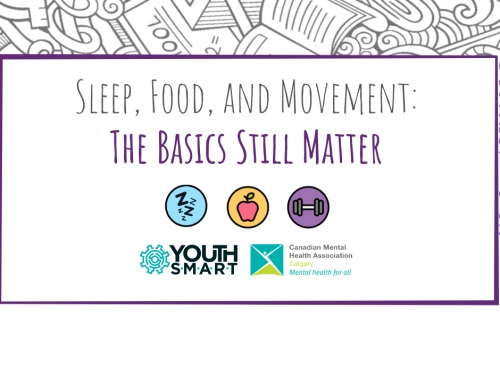Body image is a person’s feelings and perception of the look of their own body.
Our emotional well-being, mental health, and environment can all contribute to and influence how we feel about ourselves and our bodies.
Understanding The Influence
Your height, weight, shape, and appearance are things that are not indicative of your value as a person. We are all born from different cultures that make us unique from one another.
As we grow up, who or what is telling us that our bodies are inferior?
The influence of media, especially social media, has become a huge part of why adolescent boys and girls have increased feelings of negative self-worth and low levels of happiness.
Adolescent girls, more so than boys, have a greater threat to their overall well-being by constantly comparing themselves to the influencers and celebrities they see online. As a result, these girls feel the pressure to look a certain way impacting their mental health and wellness in the process.¹
In fact, the pressure is so massive that eating disorders are among the most common chronic mental illnesses affecting adolescent girls.

NEDIC provides information, resources, referrals and support to Canadians affected by eating disorders through our toll-free helpline and instant chat (https://nedic.ca/).
Aside from the media telling us how we should look, the words and actions of our family, friends, classmates, and teammates can also greatly affect how we feel about our bodies.
If you’re feeling a similar way, know that you’re not alone.
In this video, girls aged 6 – 18 talk about what they think about their own bodies, and why they feel they may have to change certain things about their body to fit in with their classmates or fit in with what society tells them is the “right body.”
Watch the entire video and note what you’re feeling.
Do you feel empathy for what these girls are saying? Can you relate to the struggles these girls are facing with their bodies?
Creating A Healthy Body Image
Having a healthy body image is not just tolerating what you see in the mirror, but accepting and enjoying the body you live in.
- Instead of fixating on the areas of your body that you may not like, embrace the things you like about yourself as a whole, not just your body. List out qualities and characteristics that make you—you. Are you a good listener? Do you make people laugh? What makes you unique?
- Do you feel self-conscious and judged around certain people? Surrounding yourself with negativity will only leave you feeling drained. Find people who love you for you, no matter what.
- Remember that we are humans, not machines. We can’t just repair pieces of ourselves overnight. If you’re wanting to embrace a healthier lifestyle with eventual changes in appearance, that will take time and patience. Be kind to yourself on your self-discovery journey.
- Appreciate what your body has gone through to get you to where you are today.
Your body will inevitably change, but it’s how you reset your mind to nurture and care for your body, instead of degrading, that will lead to a healthier relationship in the future.
If you are 16 years and older, and interested in taking a Recovery College course based on body image, please visit our website.
¹Nesi, J., and M. J. Prinstein. 2015. “Using social media for social comparison and feedback-seeking: Gender and popularity moderate associations with depressive symptoms.” Journal of Abnormal Child Psychology 43 (8): 1427–1438.

You are not alone. There is help.
If you cannot find someone you trust who is willing to support you, dial a crisis line right away at 403-266-HELP (4357) All crisis lines are confidential.



